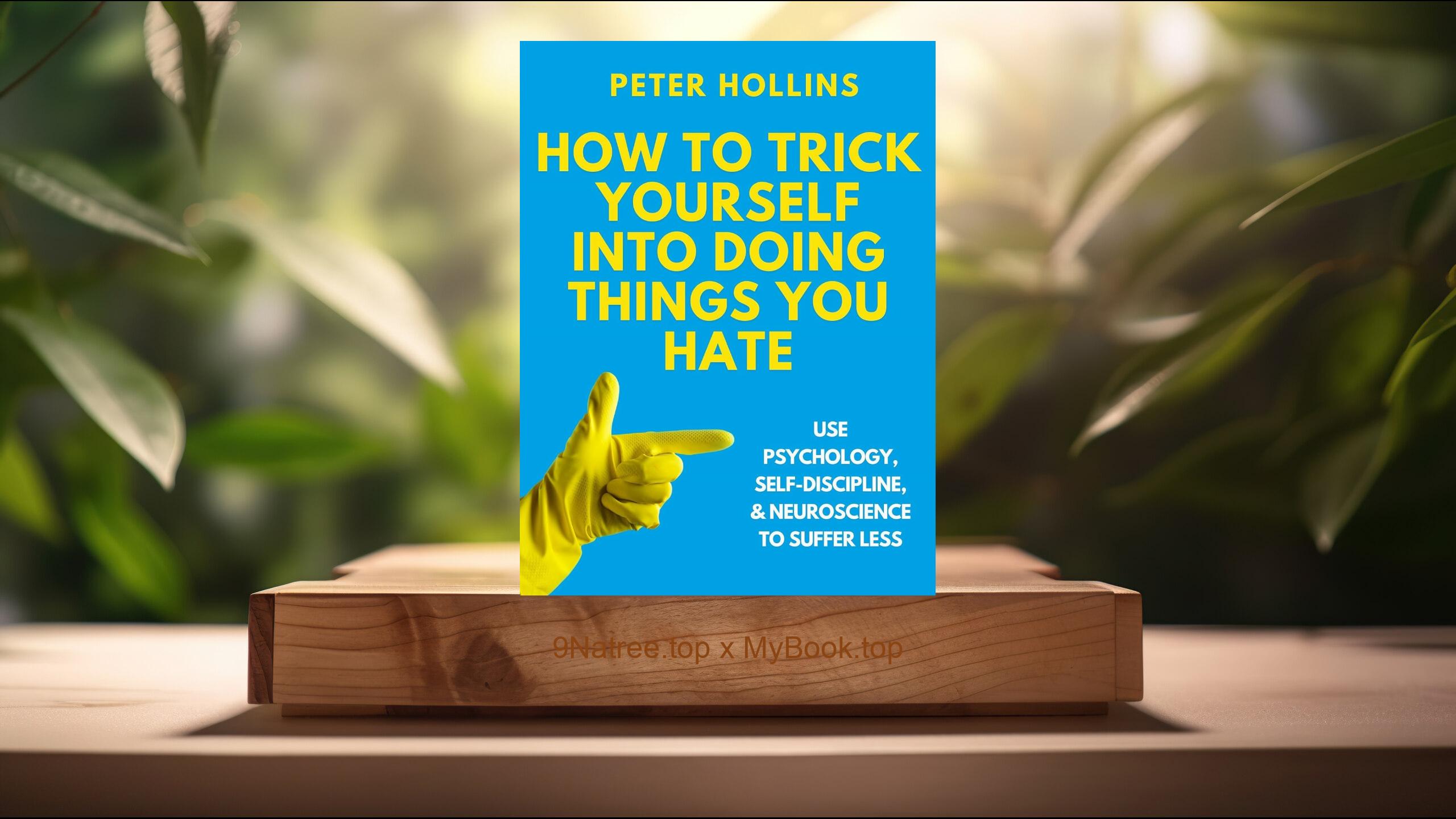Show Notes
- Amazon US Store: https://www.amazon.com/dp/B0BN5742KY?tag=9natree-20
- Amazon Worldwide Store: https://global.buys.trade/Never-Enough-Jennifer-Breheny-Wallace.html
- Apple Books: https://books.apple.com/us/audiobook/never-enough-when-achievement-culture-becomes-toxic/id1657087844?itsct=books_box_link&itscg=30200&ls=1&at=1001l3bAw&ct=9natree
- eBay: https://www.ebay.com/sch/i.html?_nkw=Never+Enough+Jennifer+Breheny+Wallace+&mkcid=1&mkrid=711-53200-19255-0&siteid=0&campid=5339060787&customid=9natree&toolid=10001&mkevt=1
- Read more: https://mybook.top/read/B0BN5742KY/
#achievementculture #toxicsuccess #redefiningsuccess #selfcompassion #resilience #mentalhealth #intrinsicmotivation #NeverEnough
These are takeaways from this book.
Firstly, The Psychology of Achievement, Wallace begins by exploring the psychological underpinnings of the achievement culture, detailing how societal and personal factors combine to fuel an incessant drive for more. She discusses the role of upbringing, media influence, and social comparison in shaping our notions of success and how these factors can lead to a detrimental cycle of never feeling satisfied. The section delves into the impact of achievement orientation on mental health, illustrating how the pressure to excel can exacerbate conditions like anxiety and depression. By understanding the psychological roots of the achievement culture, readers can begin to identify and challenge their own assumptions about success and worthiness.
Secondly, The Myth of the Perfect Life, Through compelling narratives, Wallace deconstructs the myth of the perfect life that achievement culture promotes. She argues that the curated images of success and happiness we see on social media and in advertising obscure the complex realities of human lives. This section sheds light on the dangers of equating achievements with personal value, demonstrating how such beliefs can lead to feelings of inadequacy and isolation. Wallace provides evidence that striving for an unattainable ideal not only detracts from our well-being but also hinders our ability to appreciate the richness of our actual experiences.
Thirdly, Redefining Success, One of the central themes of 'Never Enough' is the call to redefine success in healthier, more meaningful terms. Wallace presents a compelling case for valuing intrinsic over extrinsic motivations, emphasizing the importance of pursuing activities and goals that align with personal values and bring genuine satisfaction. This section includes strategies for fostering a sense of accomplishment rooted in personal growth and contribution rather than societal recognition. Wallace encourages readers to embrace a broader vision of success that encompasses well-being, relationships, and a sense of purpose.
Fourthly, Cultivating Resilience and Self-Compassion, Wallace emphasizes the importance of resilience and self-compassion in counteracting the toxic effects of achievement culture. She provides practical advice on developing resilience by adopting a growth mindset, confronting failures as learning opportunities, and setting realistic goals. Additionally, the section highlights the role of self-compassion in alleviating the self-criticism and guilt often associated with perceived inadequacies. By fostering a kinder relationship with oneself and recognizing the inherent value beyond achievements, individuals can build a healthier foundation for genuine success.
Lastly, Creating Sustainable Change, In the final section of the book, Wallace outlines actionable steps for individuals and communities to create sustainable change in the face of toxic achievement culture. She proposes interventions at the family, educational, and societal levels to shift the focus from achievement to well-being. Recommendations include implementing holistic education practices, promoting mental health awareness, and encouraging cultures of collaboration rather than competition. Wallace's vision for change is rooted in the belief that by collectively challenging and redefining harmful norms, we can cultivate environments that foster true fulfillment and success.
![[Review] Never Enough (Jennifer Breheny Wallace) Summarized](https://episodes.castos.com/660078c6833215-59505987/images/1866519/c1a-085k3-ok3jq742f21v-yxdfvn.jpg)




